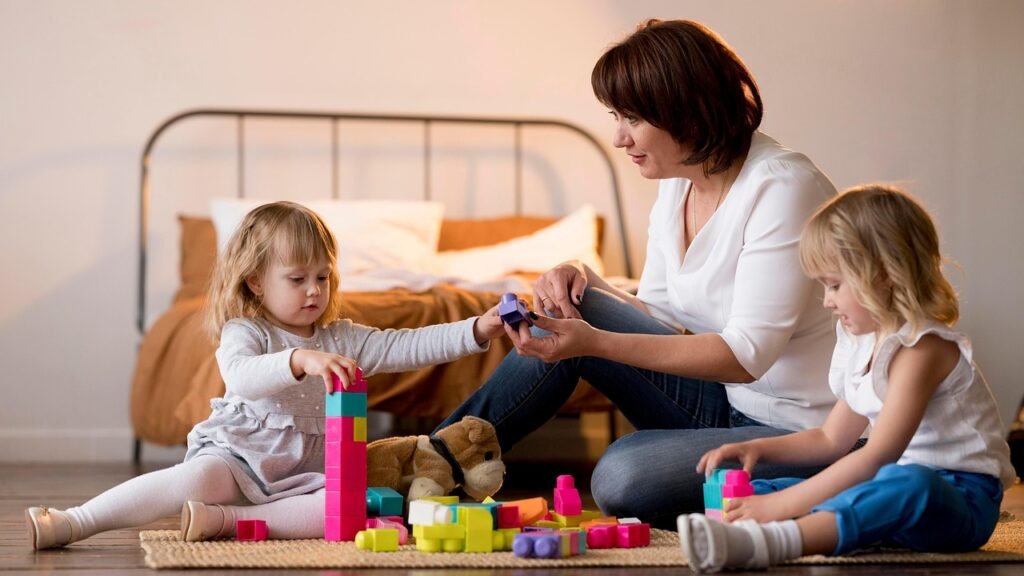Helping your child develop clear, confident speech doesn’t have to feel like a chore. In fact, some of the best progress happens during simple, everyday moments at home. At VeroSpeechTherapy.com, Pamela Cerrato, MA CCC-SLP, works closely with families to create fun and effective ways to support your child’s speech development—and you can too, starting today.
Here are 10 easy ways to support your child’s speech at home:
1. Talk, Talk, Talk
Narrate your day as you go—whether you’re cooking, folding laundry, or walking the dog. The more your child hears natural speech, the more they absorb vocabulary, tone, and sentence structure.
2. Read Together Daily
Books are one of the best tools for building language. Ask questions about the pictures, emphasize key words, and let your child “read” familiar parts to boost engagement and memory.
3. Use Repetition
Repetition helps reinforce new words and sounds. Don’t worry about sounding like a broken record—it’s a proven way for kids to learn!
4. Sing Songs and Nursery Rhymes
Music helps with rhythm, memory, and articulation. Singing together makes it easy (and fun) to practice speech without pressure.
5. Name What You See
On car rides or grocery trips, name the objects around you. “Look, a red truck!” “That banana is yellow.” This helps with labeling, categories, and vocabulary growth.
6. Get on Their Level
Physically getting eye-to-eye with your child helps them focus on your facial expressions, lip movements, and the sounds you’re making—all key parts of speech development.
7. Pause for Them to Respond
Give your child time to answer instead of rushing to fill silence. It encourages participation and builds confidence in expressing thoughts.
8. Use Toys as Teaching Tools
Play-based learning works wonders. Use dolls, blocks, or action figures to act out stories and practice simple phrases like “go,” “stop,” or “my turn.”
9. Model Correct Speech Gently
Instead of correcting, repeat their sentence back the right way. If they say “I goed to the park,” respond with, “Oh! You went to the park? That sounds fun!”
10. Keep It Positive
Celebrate small victories. Speech progress takes time, and encouragement helps build self-esteem and motivation.
Every child develops differently, and small daily efforts can make a big difference.
If you’re concerned about your child’s speech or just want personalized support, Pamela Cerrato at VeroSpeechTherapy.com is here to help with compassionate, results-driven care for children of all ages.
👉 Have questions about your child’s speech? Click here to get in touch and schedule a consultation.




